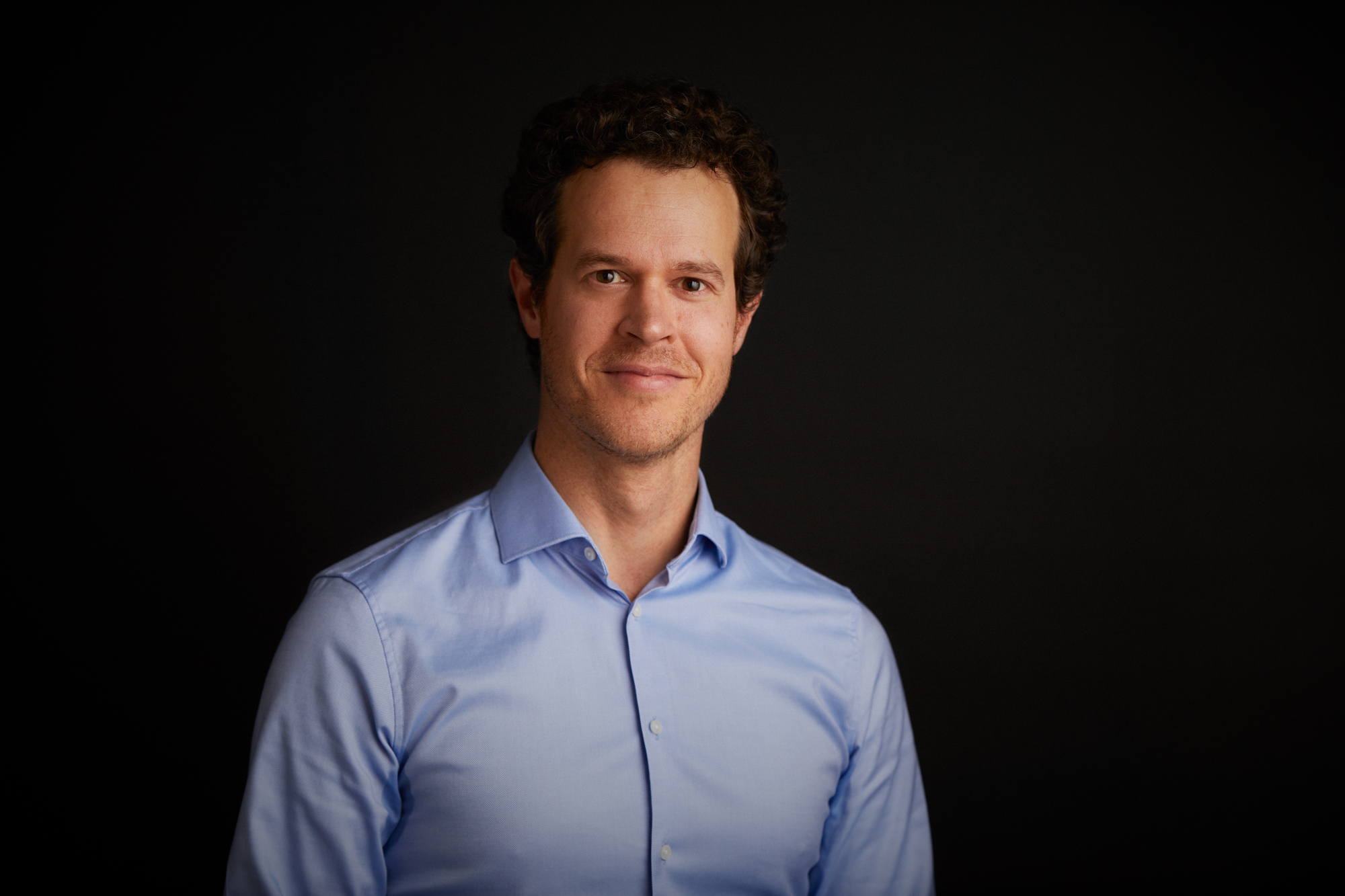Joeri Witteveen
Research leader

Project title
Tackling the conservationist’s dilemma: towards a pluralist philosophy of taxonomy for species conservation policy
What is your project about?
The project develops a philosophical perspective on the ‘conservationist's dilemma’. This dilemma results from a mismatch between the information needs of conservation policy makers and the status quo of the science of biodiversity classification: biological taxonomy. Species conservation efforts are best served by clear and undisputed species-level classifications, but taxonomists frequently disagree about where and how to draw the lines between species. This means that policy makers will either have to wait for a scientific consensus before they act, or will have to act based on a contested taxonomic perspective. Both options are risky. Waiting can lead to irreparable biodiversity loss, but acting in the face of uncertainty can backfire: the chosen conservation action can turn out to be counterproductive. The project will start by critically examining certain background assumptions about the relation between science and policy making that underpin the conservationist’s dilemma. The end goal will be to develop a new philosophical account of the relation between taxonomy and conservation policy that could provide a way out of the conservationist’s dilemma.
How did you become interested in your particular field of research?
I have been intrigued by philosophical questions in and about science since my undergraduate studies at a liberal arts college. I became interested in philosophical issues at the interface of taxonomy and species conservation in the course of an earlier research project, in which I studied the naming and labeling practices taxonomists use to coordinate their changing perspectives on classification. When I realized that the solutions that had been found in this area could create new problems for non-scientists in using taxonomic knowledge, the first seed of this project was planted.
What are the scientific challenges and perspectives in your project?
For most philosophers today, the clichéd armchair remains their most important tool of trade. Philosophers of science tend to be outliers in this regard, since they frequently talk and work with scientists, and increasingly publish articles alongside them. This project goes one step further by engaging in qualitative research on how scientists (and policy makers) themselves reflect on conceptual questions, and then uses this as data for further philosophical reflection. This is an exciting and challenging methodological direction to take. It will be interesting to find out how and to what degree scientists and policy makers can be encouraged to reflect on the foundations of their practices.
What is your estimate of the impact, which your project may have to society in the long term?
At a general level, the project will be part of a broader effort to show that there is an important role for contemporary philosophers of science in helping scientists and policymakers to better understand – and sometimes rethink – their working relationship. In the context of this project, I hope that this will translate into tangible, practical lessons for scientists and conservationists about how to deal with conceptual issues at the interface between biodiversity science and conservation action.
Which impact do you expect the Sapere Aude programme will have on your career as a researcher?
It is extremely rewarding to be given an opportunity to form a project team around my research vision. I expect that the Sapere Aude grant will help me grow as a researcher and let me expand my network of international collaborators. I also look forward to the workshops and other research meetings that the team will organize. These are bound to lead to new ideas and spinoffs that could in time mature into new project ideas. It would be great if the Sapere Aude grant could have this snowball effect.
Background and personal life
I grew up in Utrecht, in the Netherlands. After a bachelor degree in Maastricht, my studies and research took me to Berkeley, Canberra, London, Cambridge, and above all to Vienna, where I got to know the woman I married. We currently live in Vanløse with our two wonderful boys of 0 and 2 years old. On a good Sunday morning, I manage to briefly escape the bustling family life to take a dip and swim a few laps. But ultimately I prefer water in a different shape and form, for my true passion: skiing.
View all research leaders here
Research institution
University of Copenhagen
Research field
History and Philosophy of Science
City of your current residence
Copenhagen
High school
Utrechts Stedelijk Gymnasium (Utrecht, the Netherlands)
